This year’s World AIDS Day will continue to reinforce the vital issue of the need to respect the fundamental human rights of those living with HIV/AIDS and tackle discrimination where it may occur in communities, in the workplace and in society in general.
World AIDS Day comes close on the heels of the publication of the latest UNAIDS Report that shows that the AIDS epidemic is beginning to change course as the number of people newly infected with HIV is declining and AIDS-related deaths are decreasing. According to UNAIDS, these combined developments are contributing to the stabilisation of the total number of people living with HIV in the world.
Data from the 2010 UNAIDS Report on the global AIDS epidemic shows that an estimated 2.6 million people became newly infected with HIV, nearly 20 per cent fewer than the 3.1 million people infected in 1999. In 2009, around 1.8 million people died from AIDS-related illnesses, nearly one-fifth lower than the estimated 2.1 million people who died in 2004.
“We are breaking the trajectory of the AIDS epidemic with bold actions and smart choices,” said Mr. Michel Sidibé, Executive Director of UNAIDS. “Investments in the AIDS response are paying off, but gains are fragile – the challenge now is how we can all work to accelerate progress.”
The recent statement by Pope Benedict regarding the possible use of condoms as an aspect of preventing infection has been welcomed by a number of AIDS groups and organisations and it is hoped that this change of position might further help in tackling the epidemic.
Global March Chairperson Kailash Satyarthi called on all members and partners to offer full support for the commemoration of World AIDS Day 2010, highlighting the critical importance of the theme in terms of protecting vulnerable children affected by HIV/AIDS.
“Being able to access vital health, education and social services and benefit from their fundamental rights is crucial for children affected or infected by HIV/AIDS, in particular AIDS orphans” said Kailash Satyarthi on the eve of World AIDS Day. “Many of these children are pushed into situations of child labour to be able to survive and look after their siblings, forced to take on the mantle of family providers having lost their parents and adult family members. We are encouraged by the new figures in the UNAIDS report and the ongoing efforts of ILO-IPEC and our members and partners to reach out affected children and assist them in their struggle. As always, we salute the courage and work of those fighting for the rights and survival of those affected by AIDS and will be making our light for rights this 1st December.”
For more information and knowledge on the work of the joint UN agencies on HIV/AIDS, please click here to access the UNAIDS web site.
For campaigning tools, links and information for the 2010 World AIDS Day and HIV/AIDS in general, Global March recommends visiting the following web sites:
World AIDS Campaign
World AIDS Day
ILO Programme on HIV/AIDS and the World of Work
